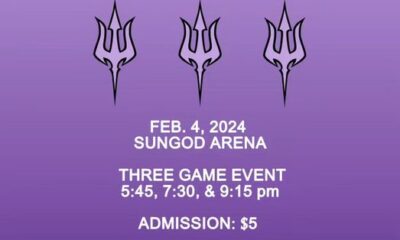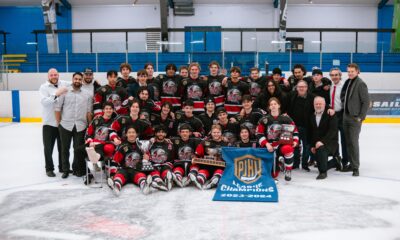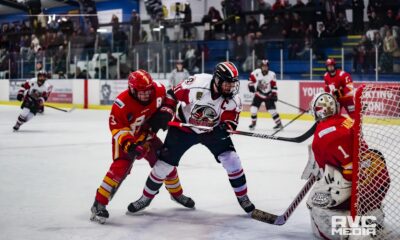Over the past while I have been in touch with retired NHL-er Jake Newton talking about his career, which he has been open about.
Life takes us on various journey’s and around each corner we find something new, not all are for the better, but we can only get better if we learn from our mistakes.
Jake is no different from the rest of us and we appreciate his openness sharing his story with us for reprint as written by Matt Larkin in the Hockey News June 20th.
We are going to have this as a three-part series over the first week of July with the second running July 1st and the third and final part posted July 4th.
Enjoy the read!
It was the biggest night of Jake Newton’s hockey career, and he couldn’t shake the terror.
He wasn’t merely fending off the butterflies that accompany any youngster’s first NHL pre-season game.
This was true fear, the urge toward flight over fight, the sense something or someone was out to hurt him.
Newton, 22 at the time, had the best opportunity of his life in front of him. He was a 6-foot-3, 200-pound puck-moving defenseman signed out of college to an Anaheim Ducks club that had just lost Scott Niedermayer to retirement.
Five minutes into a Sept. 24, 2010 clash with the San Jose Sharks, Newton buried a feed from Ryan Getzlaf for a power-play goal.
It was a high unlike any Newton had experienced before.Five minutes after that came the game’s first fight.
Then, 21 seconds later, another. Then, 13 seconds later, another. The Ducks and Sharks threw down six times that night. Every time a brawl broke out, Newton was paralyzed with fright.
“I’m just sitting there thinking, ‘Man, I really hope nobody asks me to fight,’ ” he said. “Because I’m trying to make this team, I really need to say yes and fight this guy. But I’m not a fighter. I don’t know how to fight. Even if I were a guy that were to be more aggressive, all that stuff in my past would be so present in my mind going into a fight.”
A fight was never just a fight for Newton. Any time he stared down an angry male opponent, he didn’t see a fellow hockey player.
All Newton saw was the abuser from his childhood. All Newton saw was his cousin.
It started when Newton was about five growing up in San Jacinto, Calif.
His cousin was 17 and, in the eyes of Newton’s parents, a trusted live-in family member who could watch Newton and his other siblings after school. Instead, that’s when the sexual abuse took place.
Because Newton was so young, he didn’t understand that telling his parents could’ve stopped the horrors. All the cousin had to do was threaten repeatedly to hurt Newton, which, for a five-year-old’s mind, was worse than any alternative.
“I remember so vividly one time walking up the steps at my parents’ house, the house my mom still lives at to this day, and I can see through into the living room, and I’m looking at him, thinking to myself, ‘If I go and do this, this guy, 20 minutes after, is going to come and beat me up.’ And I’m so terrified by that thought that I didn’t say anything.”
The abuse continued for two years. It might have lasted longer if not for Newton’s older sister. His repressed memories are hazy, he says, but as he recalls it, his sister came home early one day, saw a locked door that wasn’t supposed to be locked, found a way in and caught the cousin in the act.
He wound up getting sent to a juvenile-detention facility.
The abuse was over, but the long-term damage was only just beginning to manifest itself.
Newton never received professional help in the immediate years after the abuse.
With so much unresolved trauma, he developed emotional problems as he matured into his teen years. He’d experience sudden and rapid mood swings almost daily.
He describes himself as extremely emotional back then, quick to cry. Yet he still fought through the feelings and rose up the ranks as a legitimate hockey prospect.
By his late teens, he ended up in the highly respected NAHL, playing for the Texas Tornado.
Part Two posted July 1st








